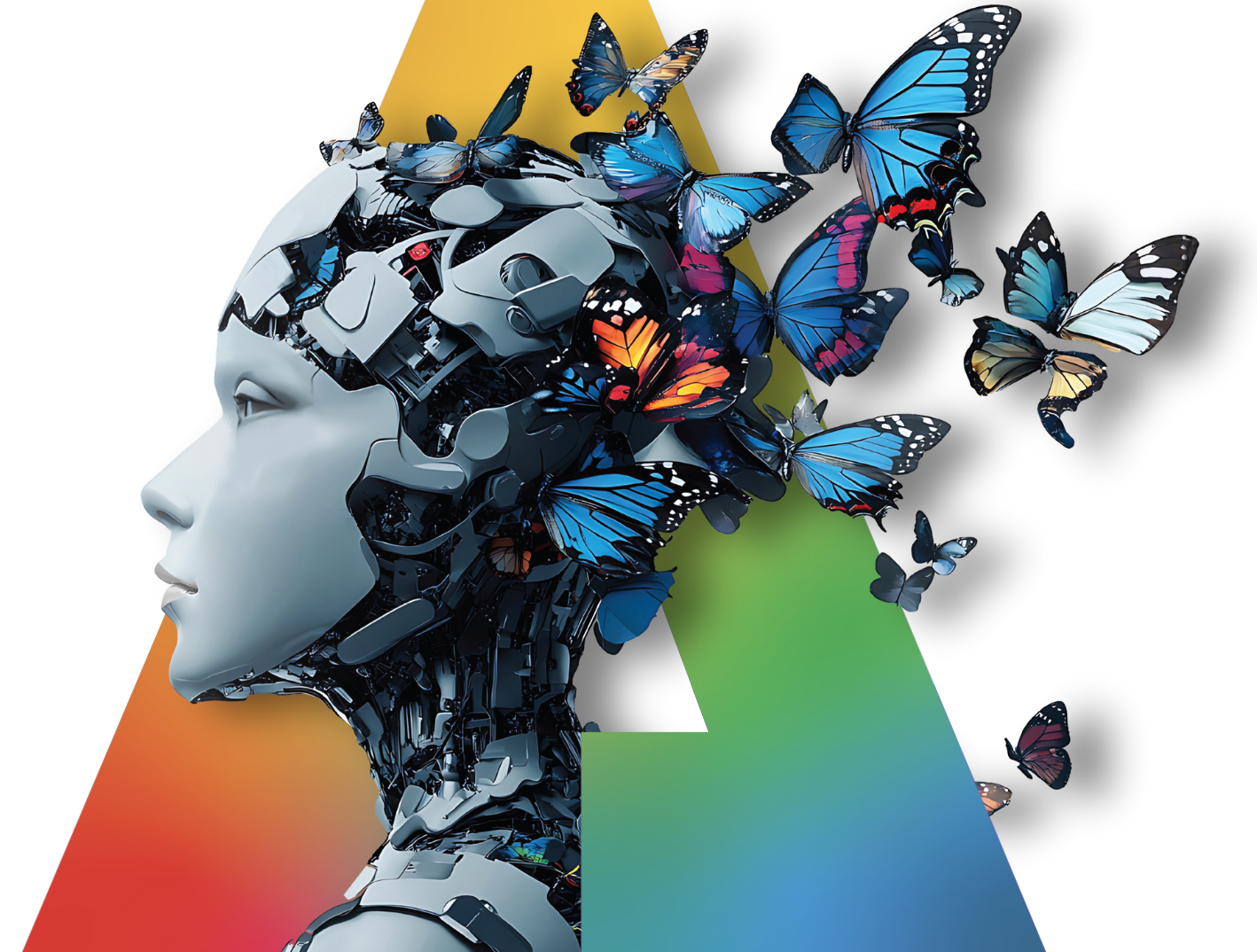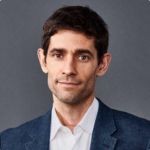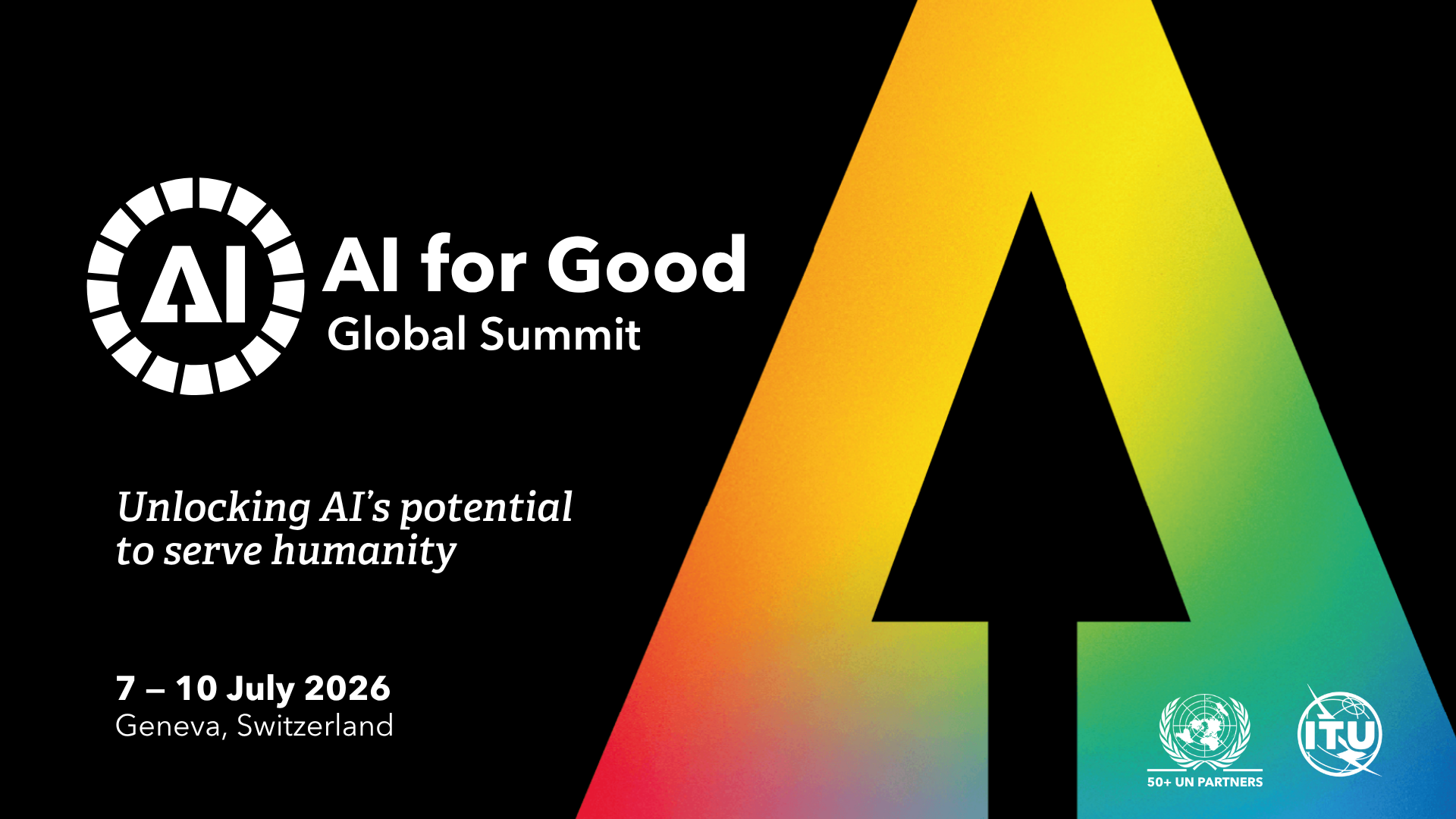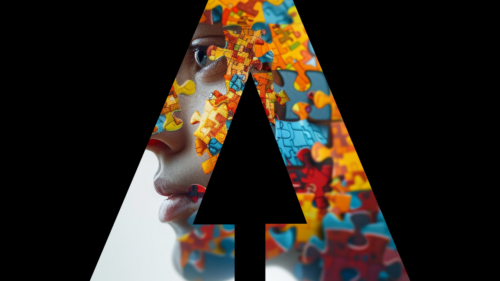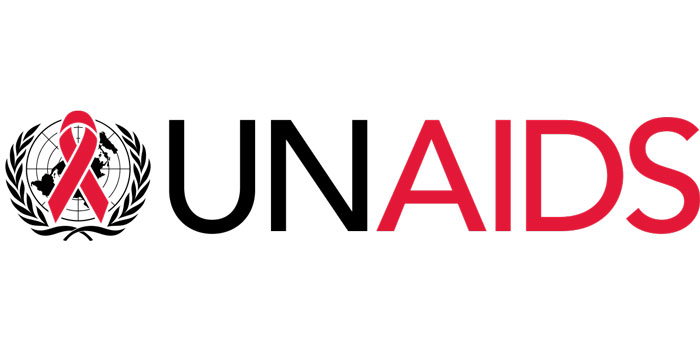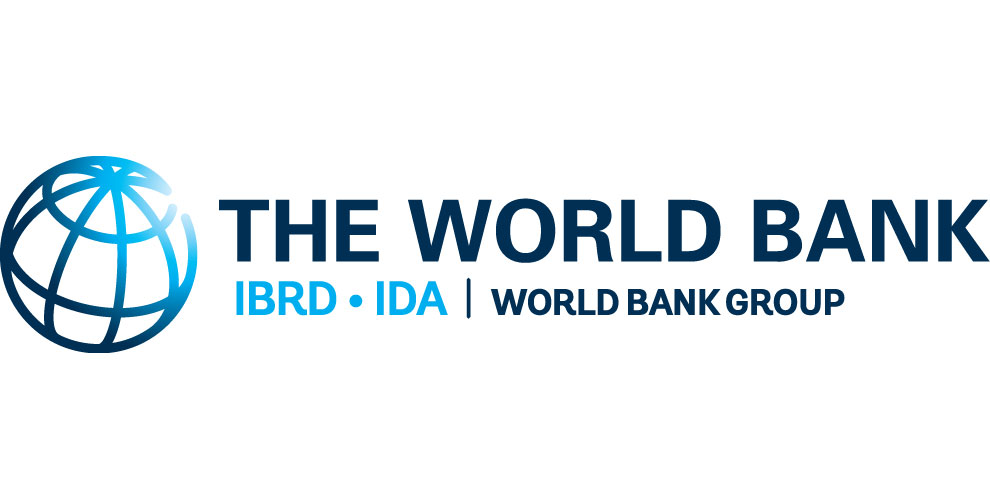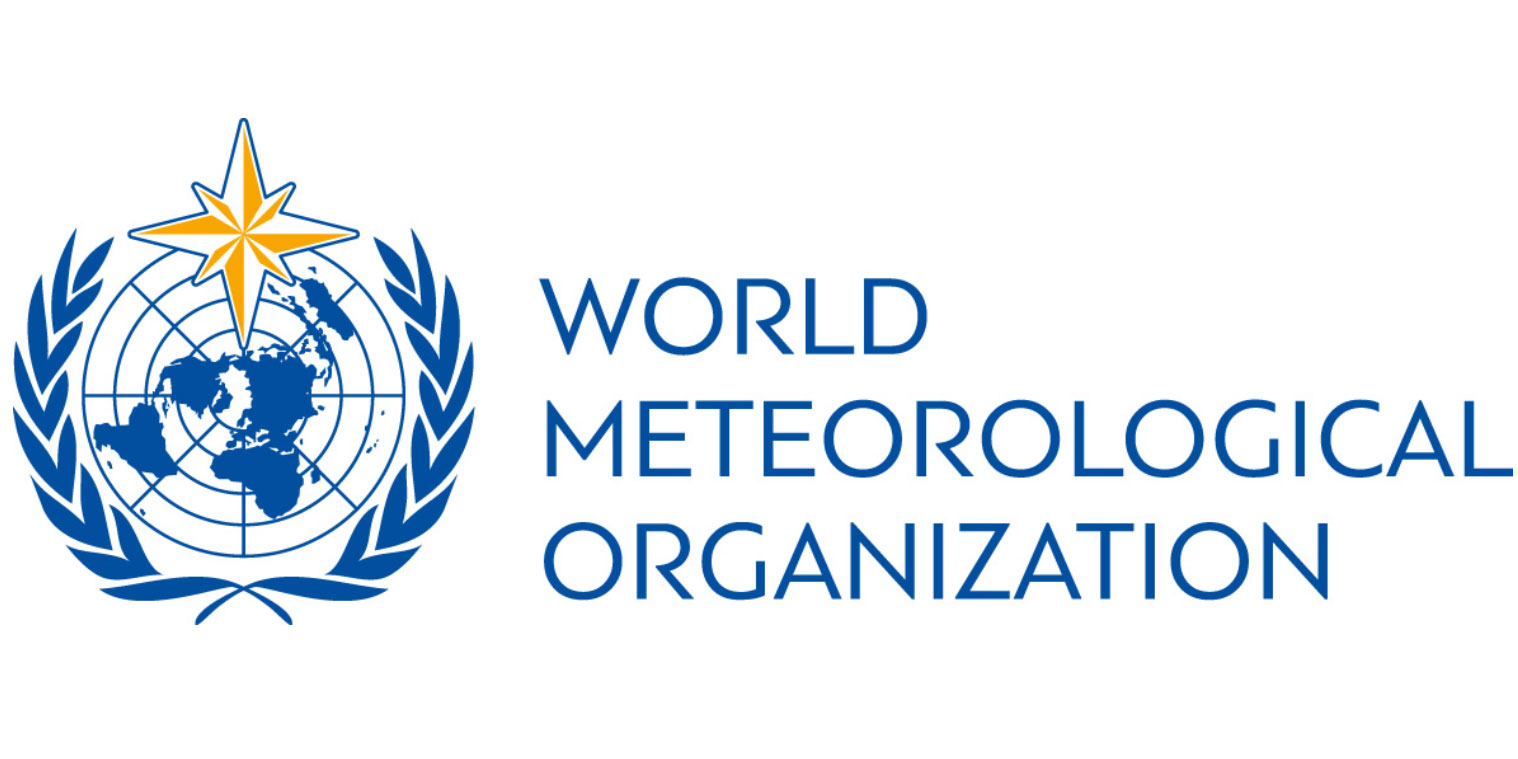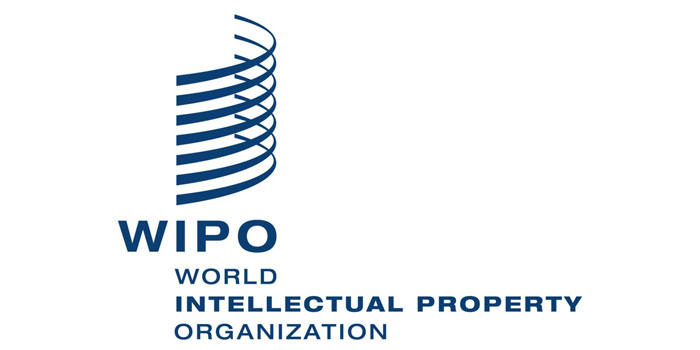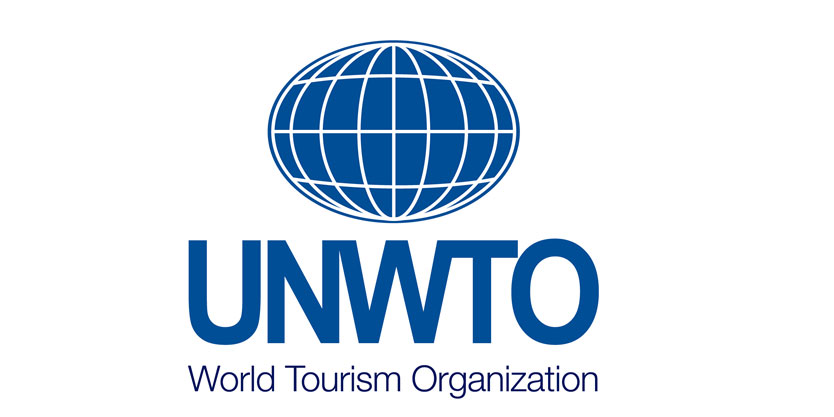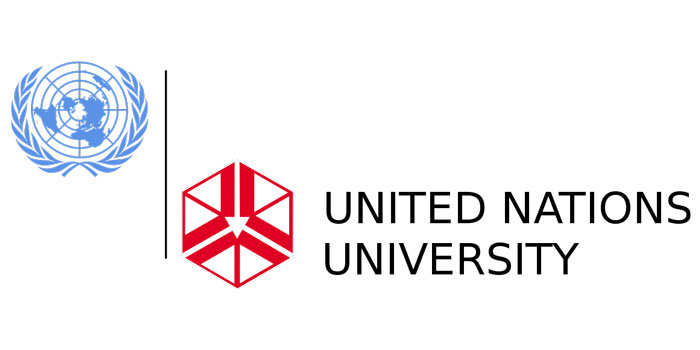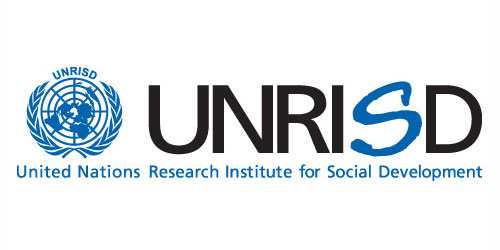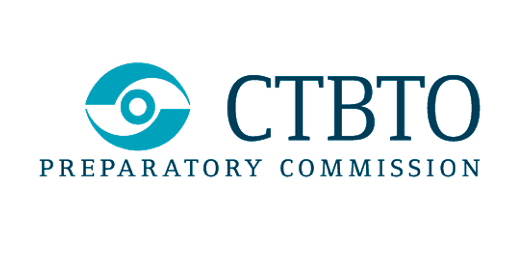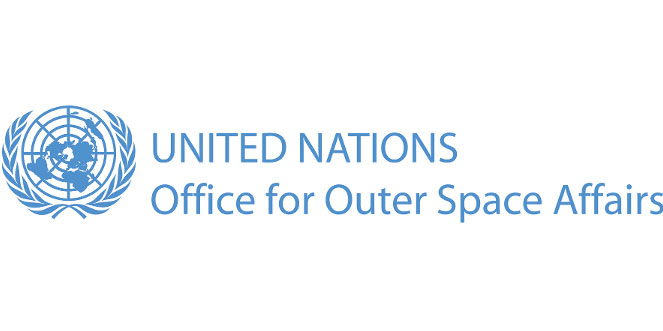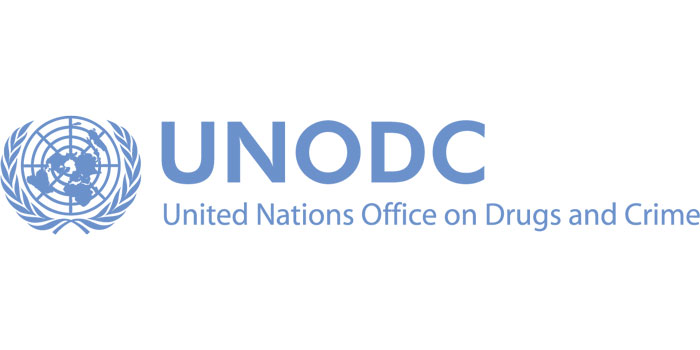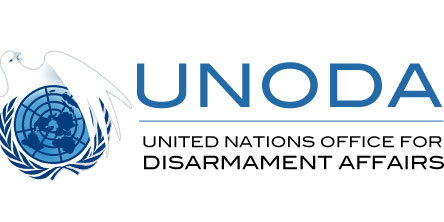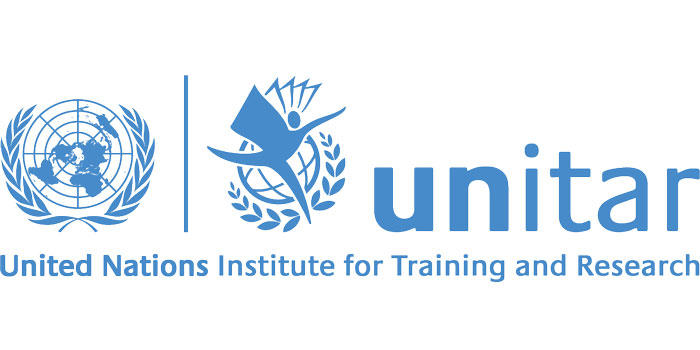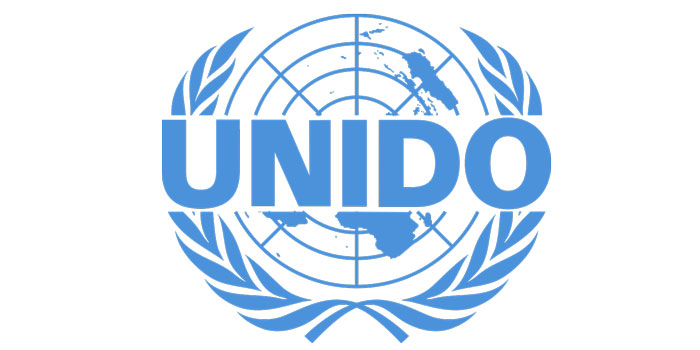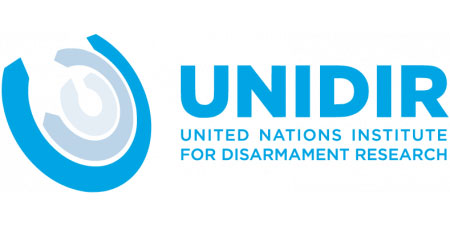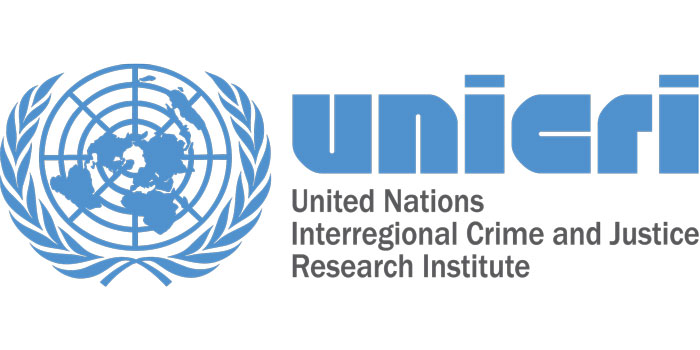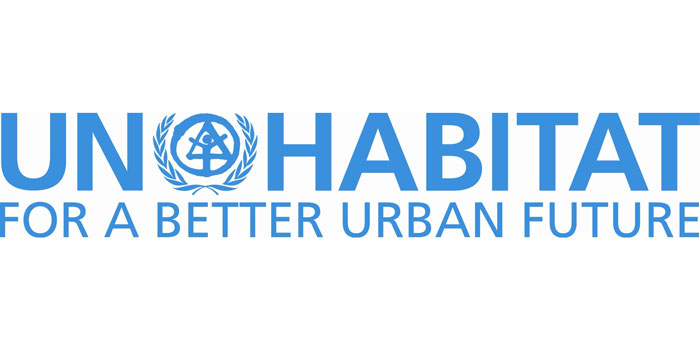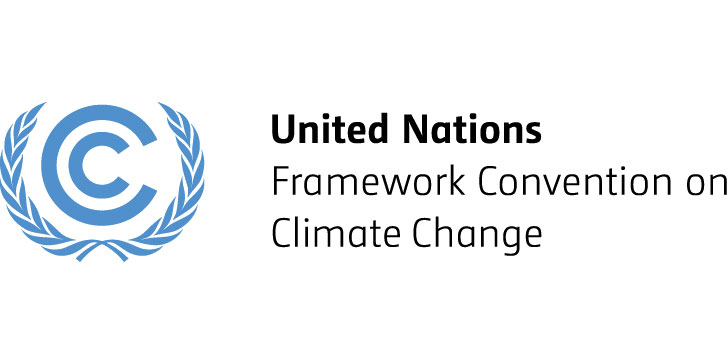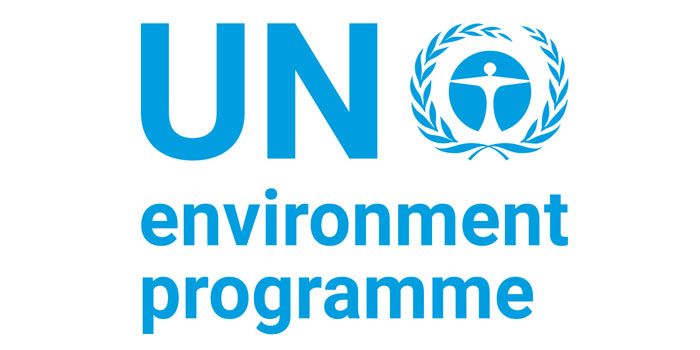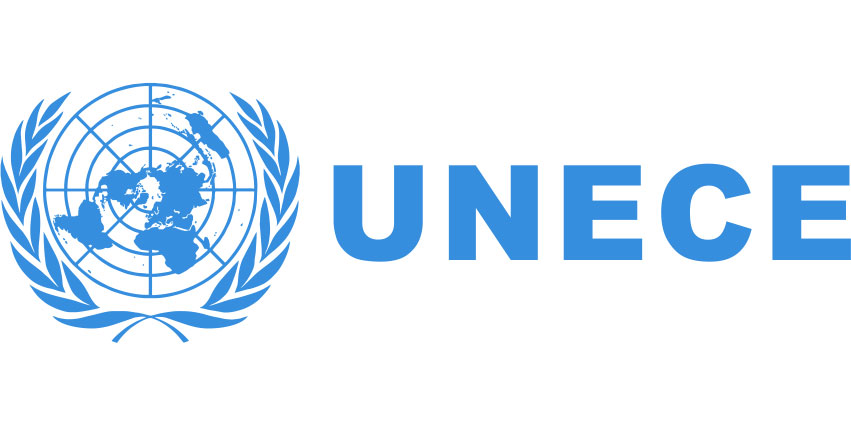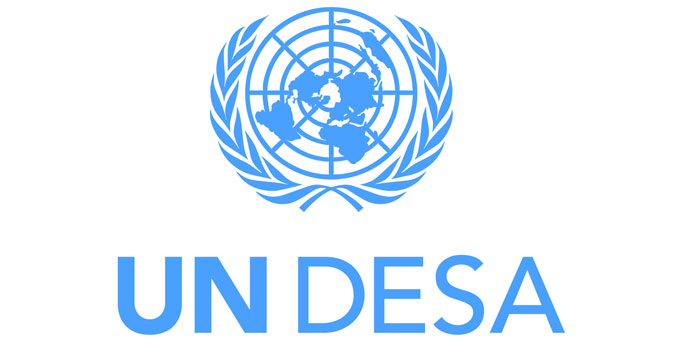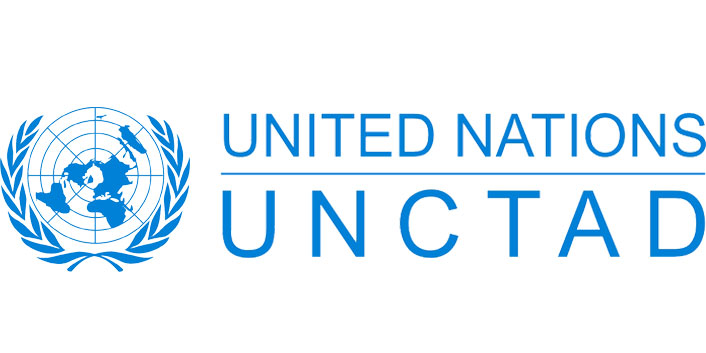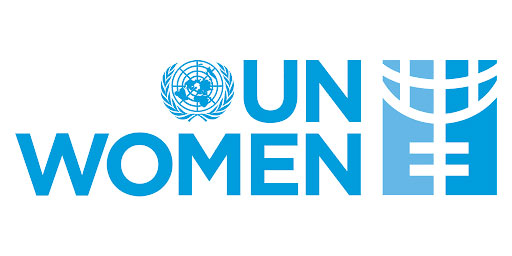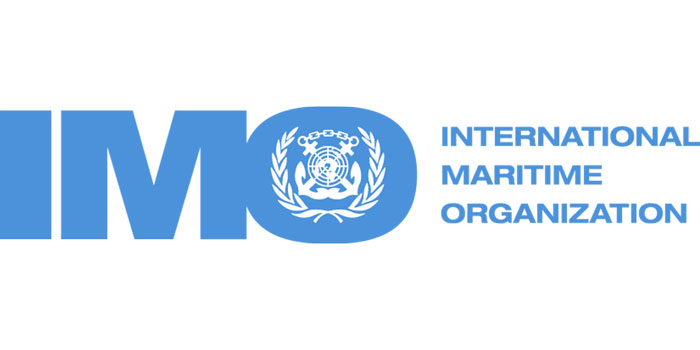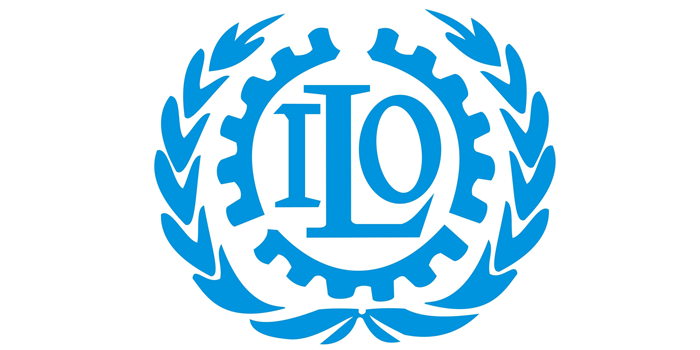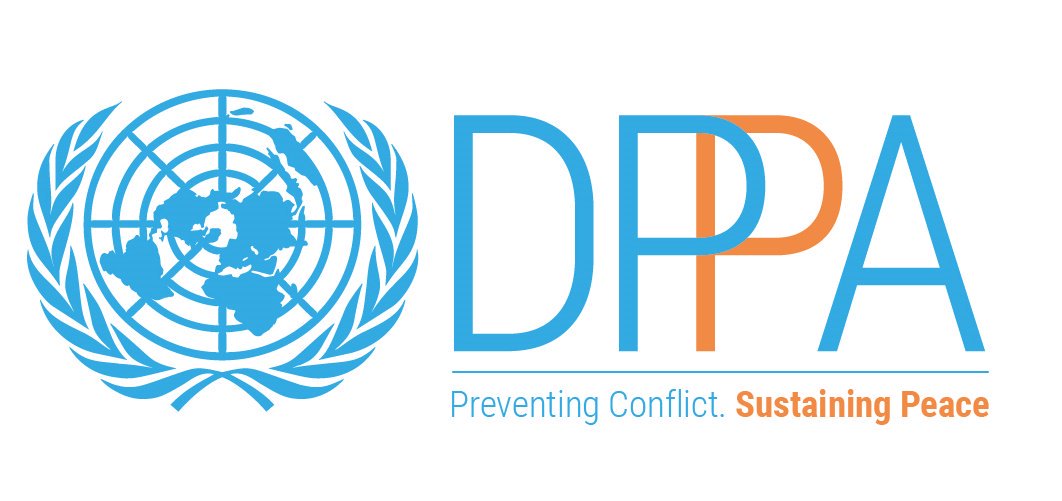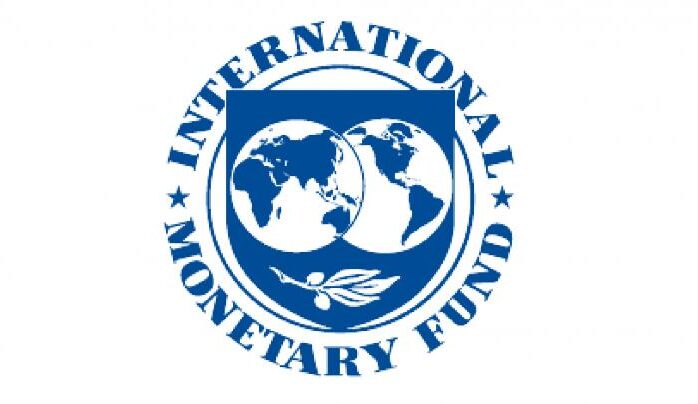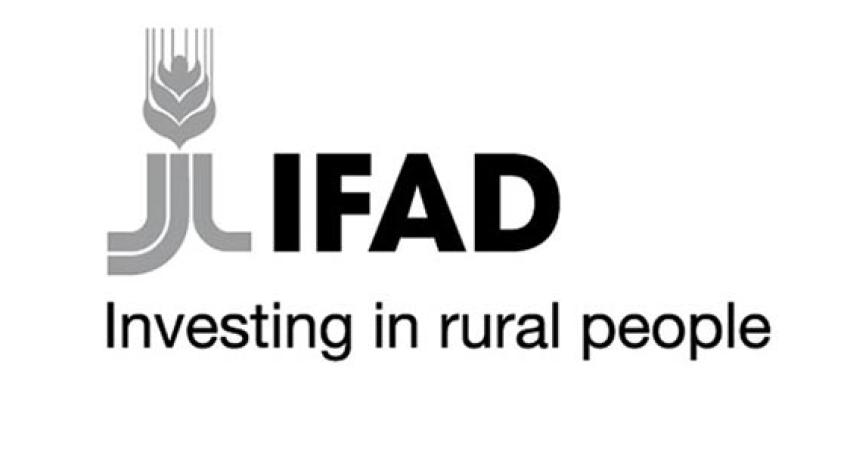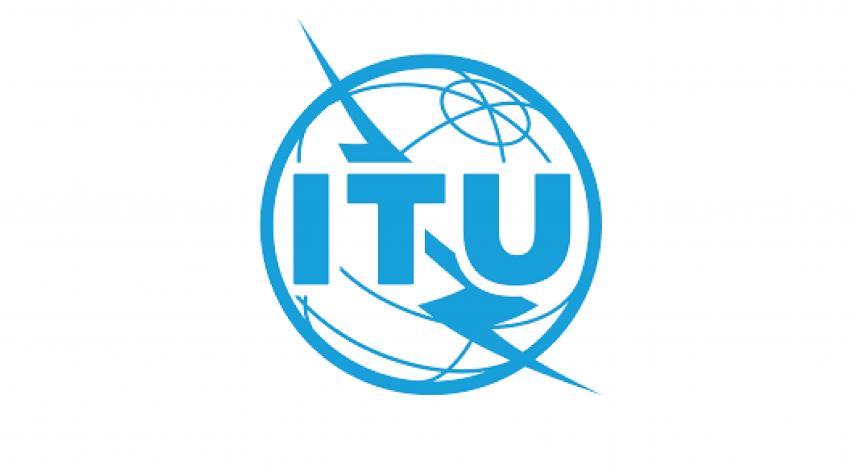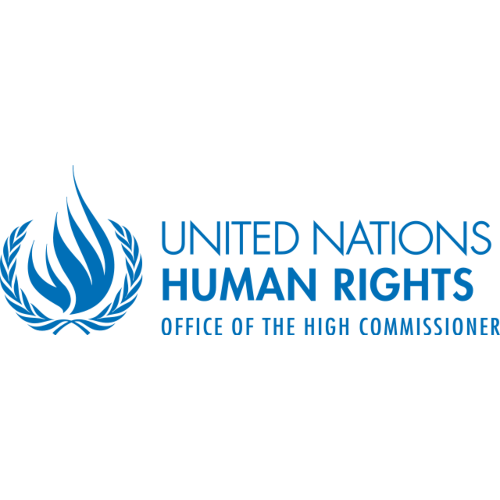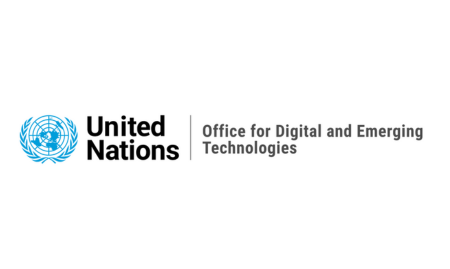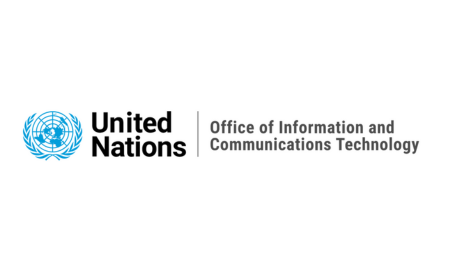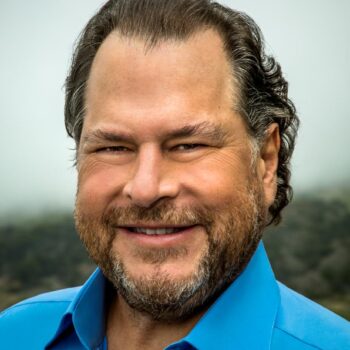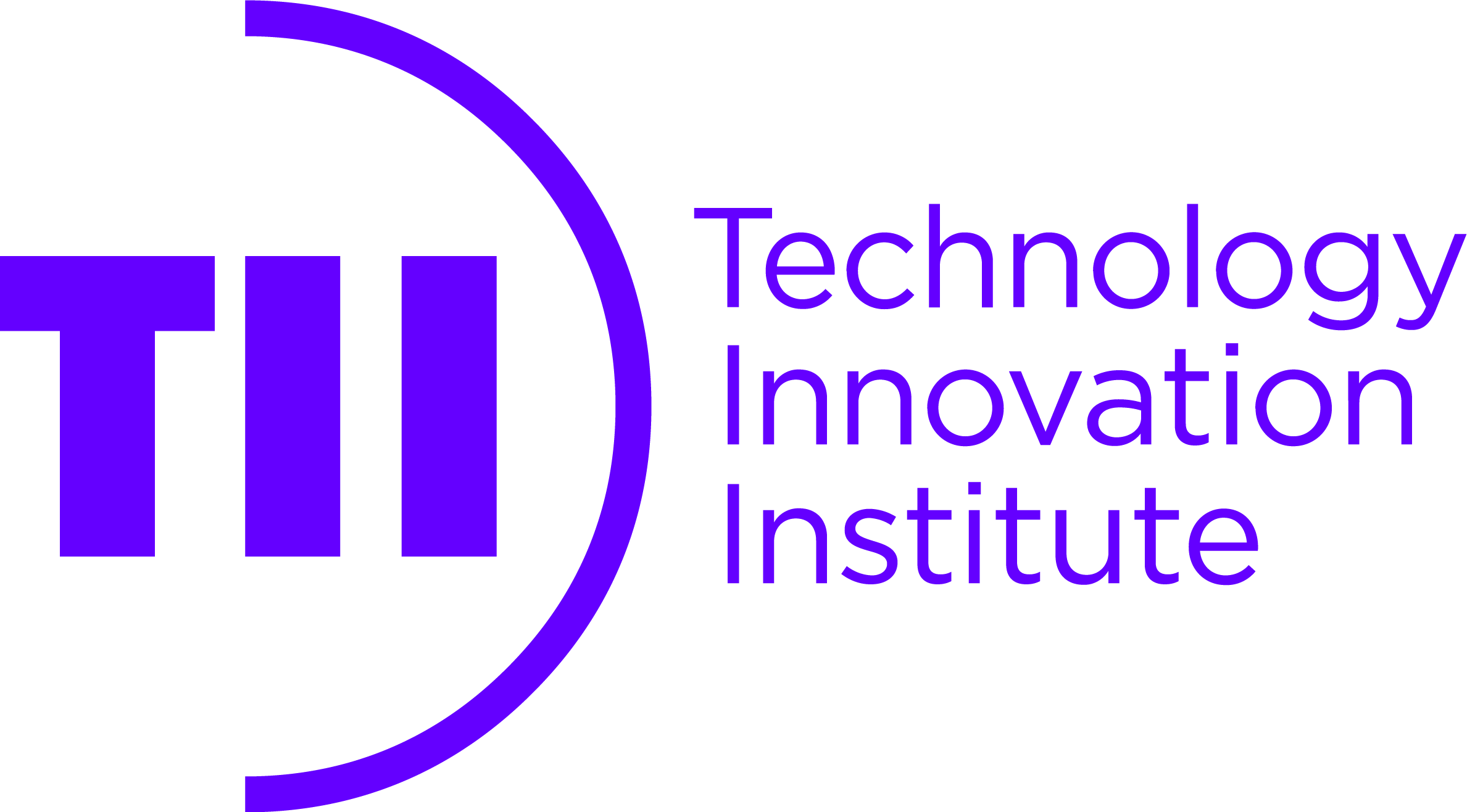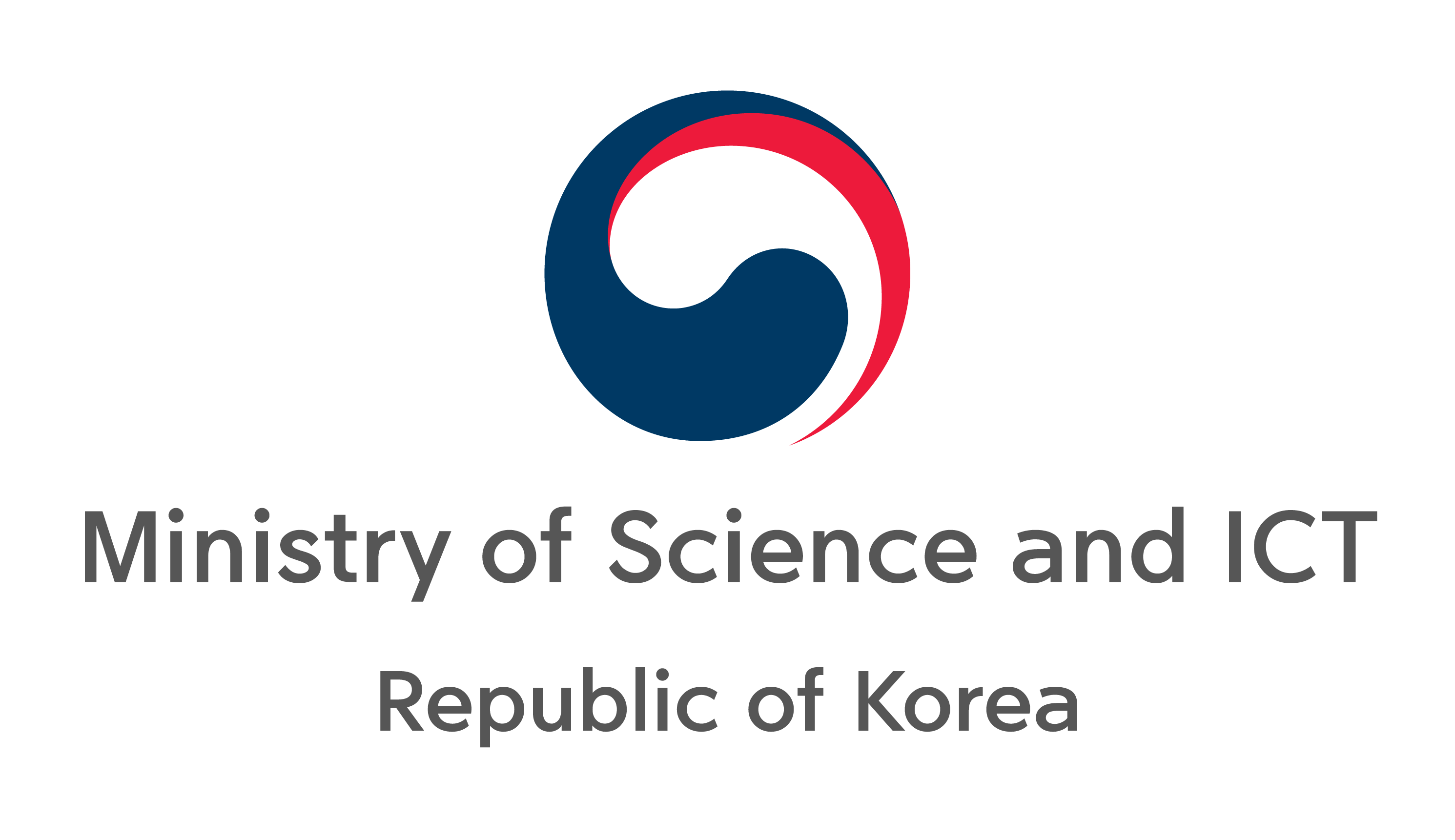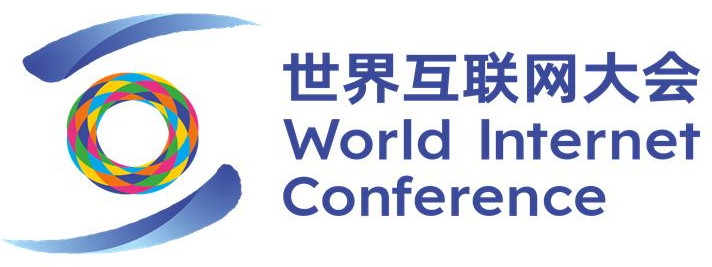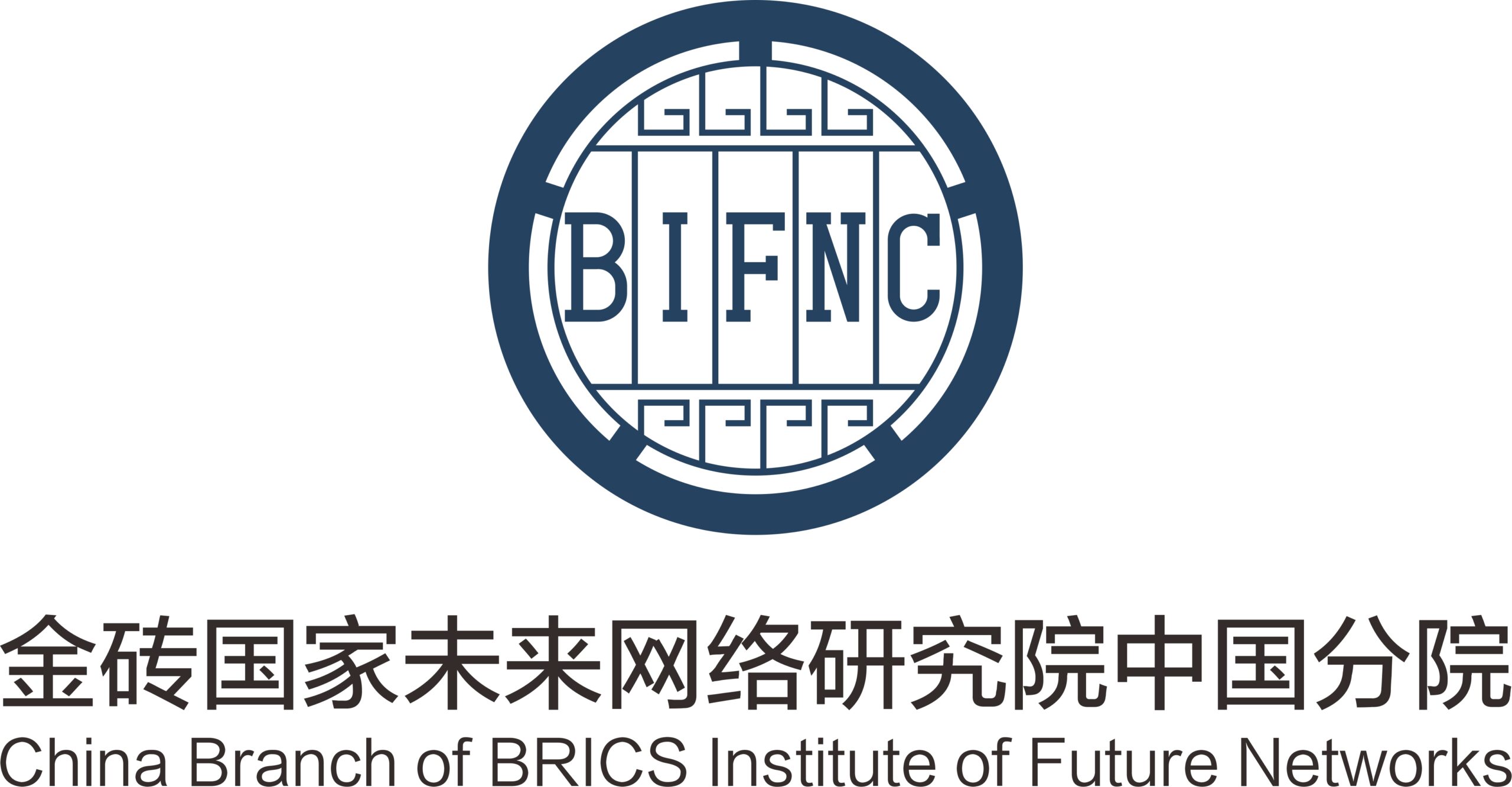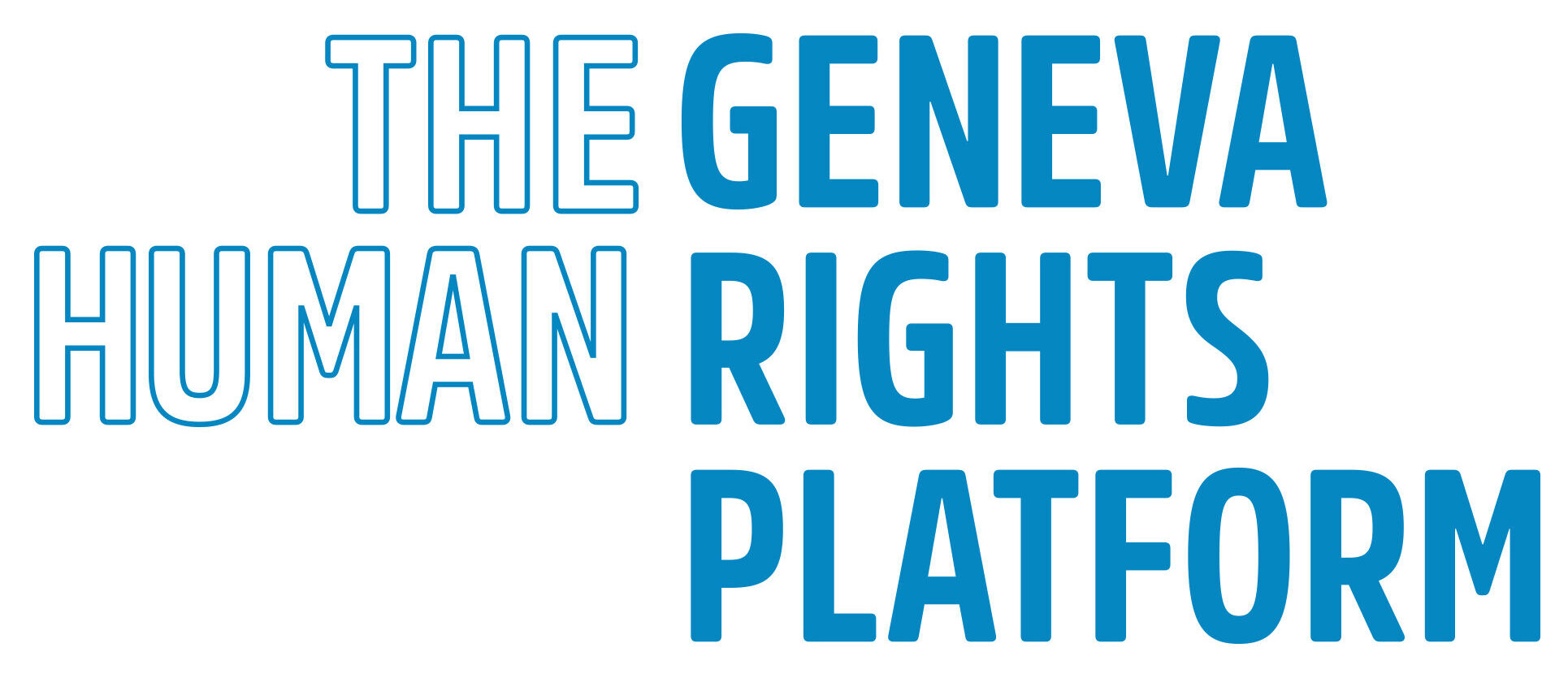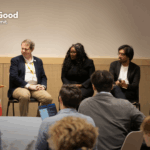


Community

year-long AI startup pitching competition and accelerator platform to solve global challenges



Global Summit

Coalition

Factory


Impact Initiative

Exchange Database
AI for Good is unlocking AI’s potential to serve humanity.
AI for Good is organized by ITU in partnership with over 50 UN Sister Agencies and co-convened with the Government of Switzerland.

Join the #AIforGood movement
Bringing stakeholders together to harness AI’s potential to solve global challenges.
Solutions & Knowledge
Developing AI standards to create more opportunities for innovation and digital transformation worldwide.
Skills & Capacity
Empowering people with the tools and knowledge to thrive in the AI era—nurturing the future wave of innovators.
Standards & Policy
Facilitating exchanges between key stakeholders on effective approaches to AI governance.
AI for Good is unlocking AI’s potential to serve humanity.
AI for Good is organized by ITU in partnership with over 50 UN partners and co-convened with the Government of Switzerland.

Join the #AIforGood movement
Bringing stakeholders together to harness AI’s potential to solve global challenges.
Solutions & Knowledge
Developing AI standards to create more opportunities for innovation and digital transformation worldwide.
Skills & Capacity
Empowering people with the tools and knowledge to thrive in the AI era—nurturing the future wave of innovators.
Standards & Policy
Facilitating exchanges between key stakeholders on effective approaches to AI governance.




Explore AI for Good
Global Summit 2026
Unlocking AI's potential to serve humanity.
7 - 10 July 2026 • 09:00 - 18:00
53+ UN Partners
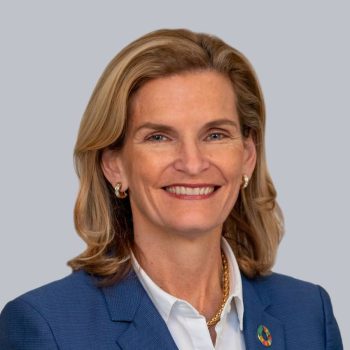
Doreen Bogdan-Martin took office as Secretary-General of the International Telecommunication Union (ITU) on 1 January 2023. Ms Bogdan-Martin was elected as ITU’s first-ever female Secretary-General by Member States at the Union’s Plenipotentiary Conference in Bucharest, Romania.
Ms Bogdan-Martin was previously the Director of the ITU Telecommunication Development Bureau. She took office on 1 January 2019, becoming the first woman in ITU history to hold one of the organization’s top elected management positions.
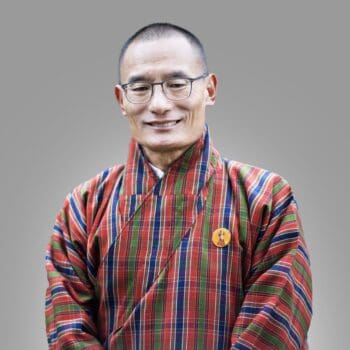
- Born on 19th September 1965.
- Completed early education in Bhutan.
- Obtained Bachelor’s degree in mechanical engineering from the University of Pittsburgh, USA.
- Obtained Master’s degree in Public Administration from the John F. Kennedy School of Government at Harvard University, USA.
- Opposition Leader in the National Assembly of Bhutan from 2008 to 2013.
- Prime Minister of Bhutan from 2013 to 2018; re-elected in January 2024.
- A dedicated civil servant before entering politics, with particular focus on developing policies and programs to enhance technical education and vocational training in Bhutan.
- Commitment to social welfare extended beyond official duties – volunteered to establish Bhutan’s first Youth Center and form the Education Staff Welfare Scheme.
- First official to resign from his civil service position to participate in Bhutan’s transition to a parliamentary democracy; played a pivotal role in founding the People’s Democratic Party, the first registered political party in Bhutan for which he continues to serve as president.
- A strong advocate of Gross National Happiness; has spoken on leadership, conservation, climate change, poverty, democracy, and happiness at the United Nations, TED, and various international conferences.
- In recognition of his contributions, His Majesty The King conferred the Royal Orange Scarf in 2008 and again in 2013.
- In 2014, received the Royal Lungmar Scarf from His Majesty The King.
- Internationally recognized for his efforts in promoting sustainability, with the German Sustainability Award in 2016 and the Distinguished Leadership Award from the Hospitality Committee for United Nations Delegations in 2022.
- Married to Tashi Doma; has two children.
- Hobbies include volunteering, reading, trekking, bicycling, jogging, archery, yoga, music, and drama.
Jessica Sibley is the Chief Executive Officer of TIME.
As CEO, Sibley oversees the global media brand which includes TIME’s iconic magazine and digital platforms that reach the largest audience in its history of 120 million people worldwide; TIME Studios, the Emmy Award-winning film and television division and producer of award-winning branded content; a rapidly growing global live events business; TIME for Kids, which provides trusted news with a focus on news literacy for children; and more.
Since joining as CEO in 2022, Sibley has accelerated TIME’s digital transformation, expanded into new platforms, and revitalized the TIME brand overall—leading TIME to be named Media Brand of the Year by the Digiday Media Awards in 2024. She has diversified TIME’s revenue streams, launched new products, supercharged its global live events business, increased advertising revenue and meaningfully engaged new audiences, all while upholding TIME’s vision of covering leaders who shape the world and providing trusted guidance to its global audiences.
Prior to joining TIME, Sibley was the Chief Operating Officer of Forbes, where she led all revenue and growth initiatives for the world’s largest business media brand and achieved five consecutive years of growth from 2018 to 2022. Previously, Sibley held senior leadership positions at The Wall Street Journal, Bloomberg, and Condé Nast.
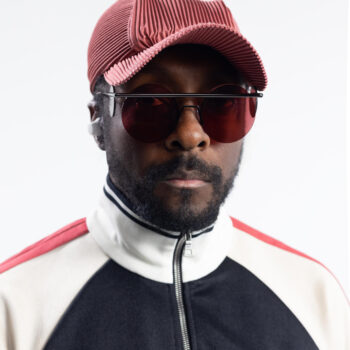
As a creative artist, tech entrepreneur, the Founder & CEO of FYI.AI, a Goodwill Ambassador, AI Skills Coalition for the United Nations International Telecommunications Union, and Professor of Practice in the GAME School at Arizona State University, will.i.am has been recognized by a CLIO Award, an Emmy Award, nine Grammy Awards, the James C. Morgan Global Humanitarian Award, a TIME 100 Impact Award, the World Economic Forum’s Crystal Award, and an Honorary Fellowship by the Institution of Engineering and Technology (IET – UK).
He is simultaneously a creative innovation advisor, futurist, multi-platinum Grammy-winning music artist, producer, entertainer and a tech entrepreneur as part of his cross-disciplinary career. He invests in and develops businesses in a range of sectors including the FYI Web 3.0 creativity & productivity tool, automotive, consumer-tech, fashion, food & beverage, software (AI, Natural Language Understanding, Voice Computing) and telecom.
His early work as Futurist and market opportunity spotter was with Beats Electronics. As a founding equity stakeholder in the company, will.i.am was instrumental in helping to transform Beats By Dre™ into a global consumer electronics brand. Beats Electronics was purchased by Apple in 2014 for US$3 billion.
will.i.am teams with the world’s leading companies helping them to embrace future technologies, what’s next in cultural trends and to develop new business initiatives. A sampling of multinational organizations he has collaborated with include Apple, Arizona State University, Coca-Cola, Deutsche Telekom, Formula 1, Honeywell, Intel, LG, Marvel Comics, Mercedes-AMG, Microsoft, NVIDIA, Qualcomm, Pepsi, Salesforce, SiriusXM and UPROXX Studios.
In philanthropy will.i.am established his i.am Angel Foundation in 2009 to transform lives through education, inspiration and opportunity incorporating STEAM (science, tech, engineering, arts and mathematics) education resources and robotics clubs in schools. i.am Angel Foundation programs also include after-school tutoring and scholarship aid for university-bound students in underserved areas. With a 99% graduation rate, participating students are often the first in their families to attend a four-year college or university.
Through a private-public partnership with Los Angeles Unified schools, the foundation has helped establish hundreds of after-school robotics clubs in high schools across the city. In collaboration with Arizona State University, his FYI.AI platform has been adapted to EDU.FYI to offer university-level courses, tutoring tools and student life resources. As a Professor of Practice at the GAME School at ASU, he is teaching a course, “The Agentic Self”, January – May 2026. Course students are using EDU.FYI and GPU technology provided by NVIDIA to build and maintain their personal AI agents.
As an education advocate, will.i.am serves on the boards of advisors and directors of College Track, FIRST Global (student robotics), Smithsonian Science Education Center Advisory Committee, and the Iovine-Young Academy at University of Southern California. In recognition of his work in Artificial Intelligence and education, will.i.am was appointed Goodwill Ambassador, AI Skills Coalition, United Nations International Telecommunications Union in 2025.
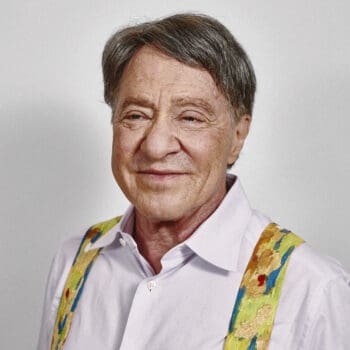
Ray Kurzweil is a world-class inventor, thinker, and futurist with a 36-year track record of accurate predictions. A leader in artificial intelligence for 63 years, he was the principal inventor of the first CCD flat-bed scanner, the first omni-font optical character recognition, the first print-to-speech reading machine for the blind, the first text-to-speech synthesizer, the first music synthesizer capable of recreating the grand piano and other orchestral instruments, and the first commercially marketed large-vocabulary speech recognition software.
Ray has won a Grammy, the National Medal of Technology, a place in the National Inventors Hall of Fame, and 21 honorary Doctorates. His latest book, The Singularity Is Nearer, debuted at #4 on the New York Times Best Seller list.
He served as a Director of Engineering and later Principal Researcher and AI Visionary at Google for 13 years where he developed an AI model that conversed in natural language with 100,000 books, a landmark precursor to today’s large language models.
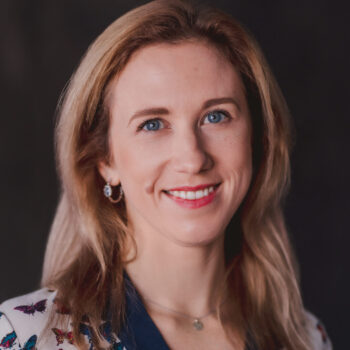
Dr. Sasha Luccioni is a leading scientist at the nexus of artificial intelligence, ethics, and sustainability, with a PhD in AI and a decade of research and industry expertise. She is the Climate Lead at Hugging Face, a global startup in responsible open-source AI, where she spearheads research, consulting and capacity-building to elevate the sustainability of AI systems. A founding member of Climate Change AI (CCAI) and a board member of Women in Machine Learning (WiML), Sasha is passionate about catalyzing impactful change, organizing events and serving as a mentor to under-represented minorities within the AI community. In 2024, Dr. Luccioni’s work was recognized by TIME Magazine’s 100 most influential people in AI and by Business Insider on its 2024 AI Power List.
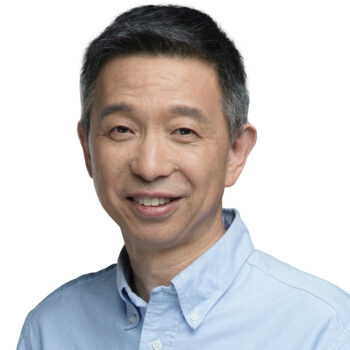
Dr. Jian Wang is an Academician of the Chinese Academy of Engineering, Director of Zhejiang Lab, and Founder of Alibaba Cloud. The Cloud ranks third as a public cloud provider globally and first in Asia. He was also the chief architect of Apsara, its computing foundation, and took the lead in proposing the industrial model of using computing as a public service. In 2016, Dr. Wang pioneered and led the nonprofit City Brain initiative to develop a new digital infrastructure for sustainable “smart” cities as his personal effort and was the architect of Hangzhou City Brain. He founded the Yunqi Academy of Engineering, a private nonprofit research institute with a focus on scientific research for City Brain, and the Yunqi Science and Technology Innovation Foundation, a philanthropic private foundation that operates the free 2050 museum, which envisions the future through technology innovation and organizes the 2050 event every year in April, promoting the vision of science and technology bringing people together.
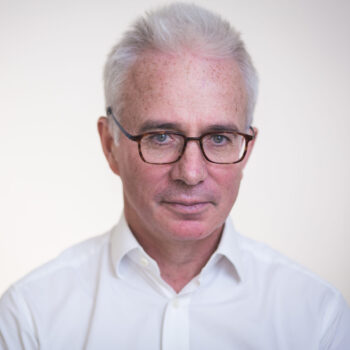
Peter Sands has been the Executive Director of The Global Fund to Fight AIDS, Tuberculosis and Malaria since March 2018.
Between 2015 and 2017 Peter was a Research Fellow at Harvard University, dividing his time between the Mossavar-Rahmani Center for Business and Government at Harvard Kennedy School and the Harvard Global Health Institute.
Peter was Group CEO of Standard Chartered PLC from November 2006 to June 2015, having joined the Board of Standard Chartered as Group CFO in May 2002.
Prior to joining Standard Chartered, Peter was a Senior Partner at McKinsey & Co.
Peter has served on various boards and commissions, including the UK’s Department of Health, the World Economic Forum and the International Advisory Board of the Monetary Authority of Singapore. He is currently Chair of the Board of Cera, a digital-first home healthcare company based in the UK.
Peter graduated from Oxford University with a First Class degree in Politics, Philosophy and Economics. He also received a Master in Public Administration from Harvard University, where he was a Harkness Fellow. Peter, who grew up in Singapore and Malaysia, is married to author Betsy Tobin and has four children.
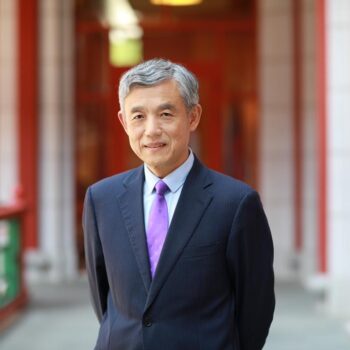
Dr. Lan Xue is a Distinguished Professor and Dean at Schwarzman College Tsinghua University. His teaching and research interests include global governance, crisis management, and science, technology and innovation policy. From 2000 to 2018, he served as Associate Dean, Executive Associate Dean and Dean of the School of Public Policy and Management at Tsinghua University. He also holds adjunct positions at Carnegie Mellon University and the Brookings Institution. Dr. Xue advises the State Council, chairs China’s National Expert Committee on Next Generation AI governance, and is a member of the Standing Committee of the Chinese Association of Science and Technology. Internationally, he serves on the UN Sustainable Development Solution Network board, UN Committee of Experts on Public Administration, and UN Internet Governance Forum Leadership Panel.
Dr. Xue is a recipient of Distinguished Young Scholar Award from National Natural Science Foundation of China, Cheung Kong Chair Distinguished Professor of the Ministry of Education, the Fudan Distinguished Contribution Award for Management Science, the Distinguished Contribution Award from Chinese Association for Science of Science and S&T Policy, and the Second National Award for Excellence in Innovation in China. He holds a PhD in Engineering and Public Policy from Carnegie Mellon University.

Emmy award-winning television journalist and coach Jane Hanson has spent over 30 years helping people learn to communicate better. Not only does it enhance their presence, and ensure they resonate with every type of audience, but in today’s fast paced world, it is imperative to be on one’s game 24/7. Hanson focuses on three core elements: what you say, how you say it, and how your body language keeps it all in sync.
Among her diverse array of media and presentation training clients: top tier leaders of corporations spanning the fields of finance, insurance, startups, technology, education, fashion and media; publishers and editors in chief of numerous national magazines; key opinion leaders in the pharmaceutical industry; politicians and world leaders, internet entrepreneurs; chefs and restaurateurs. She has also hosted programs on cable channels and private satellite broadcasts, covering nearly every subject, from healthcare to food to finance to religion. And she is a frequent speaker, emcee, host, and panel moderator. Events she has participated in range from the New York Emmys to Toys for Tots to the Race for the Cure to the Randall’s island Sports Foundation. She has hosted events for virtually every industry, many health care issues, dozens of schools and colleges, and many groups focusing on women and children. She is also a Forbes contributor and uses her experience working with executive leaders to offer her unique insight and expertise.
Jane Hanson grew up on the prairies of rural Minnesota, coming to New York three decades ago to join the NBC networks. She began as an anchor and correspondent for NBC New York in 1979. In 1988, Jane was named co-anchor of “Today in New York,” a position she held until 2003 when she became the station’s primary anchor for local programming and the host of “Jane’s New York”; She covered events ranging from the tragedy of 9/11 to the joy of Yankees victory parades to Wall Street and Washington; has interviewed presidents, business magnates, prisoners, and celebrities; traveled as far as the Gobi Desert of Mongolia and the great depths miles below New York City for her special reports. Most recently she hosted a daily entertainment and lifestyle program, New York Live, for NBC4 in New York City.
Jane has won 9 Emmy Awards. In addition, she was named Correspondent of the Year by New York’s Police Detectives and received a similar honor from New York’s Firefighters. She has also been the recipient of numerous other awards for her service to the community. Jane has served as the March of Dimes Walk-America Chairman, honorary chair for the Susan B. Komen Foundation’s Race for the Cure, and as a board member of Graham Windham, Phipps Houses, the Randall’s Island Sports Foundation, the Westhampton Beach Performing Arts Center, and Telecare. She has taught courses on communication at Long Island University, Stern College, and the 92nd Street Y. Hanson is a Past President of the New York Chapter of the National Academy of Television Arts and Sciences.

Michael Nash has worked at the forefront of entertainment media’s technological transformation for over 30 years. Labeled a “visionary” by The Atlantic, he’s led various digital enterprises and is widely recognized for his prominent role in revolutionizing the music business. Music Ally called him, “one of the most influential people in the global music industry.”
Nash currently serves as Universal Music Group’s EVP, Chief Digital Officer. He joined UMG in 2015 and oversees the industry leader’s global digital strategy, partnerships and business development. In his Corporate Management capacity, he works closely with operating units to align strategic direction and tactical execution. For “leading the industry’s response to AI” Fast Company designated UMG one of the world’s “50 Most Innovative Companies” of 2024. Nash has been named to every Billboard Power 100 List during his tenure.
Prior to joining UMG, Nash was a strategic advisor to digital media startups and served in senior management at Warner Music Group from 2000 to 2011, rising to EVP, Digital Strategy and Business Development, responsible for WMG’s global digital business.
Nash’s music industry career highlights include major deals—often first-of-their-kind partnerships—with companies such as Amazon, Apple, AT&T, Meta, Spotify, Tencent, Verizon, YouTube and many others.
Earlier in his career, Nash helmed the Madison Project, the music industry’s first digital distribution trial (1999). He founded Inscape, a digital media/games publisher backed by Time Warner that produced award-winning titles with artists such as William S. Burroughs, DEVO and The Residents (1994-1997). And he oversaw the Criterion Collection, working with luminaries such as Robert Altman, David Bowie, Terry Gilliam and Louis Malle, producing definitive editions of masterpieces like “Citizen Kane,” “Dr. Strangelove,” “The 400 Blows” and “Ugetsu” (1991-1994).
Nash’s quoted commentary on technology and culture has been featured in numerous periodicals including The Economist, the Financial Times, The New York Times and The Wall Street Journal.
Nash has art-world roots, with a wide range of publications and exhibitions to his credit, including presentations for the American Film Institute, Lincoln Center, The Museum of Contemporary Art and the Sundance Film Festival. Summarizing his career arc, the editors of “Give Them the Picture” wrote, “Nash used the interest he developed in emerging forms of digital culture while working as an art curator and critic, and became a pioneer of digital innovations in the business world.”
Our Past Sponsors
This Summit can help ensure that Artificial Intelligence charts the course that benefits humanity and bolsters our shared values. The United Nations stands ready to be a universal platform for discussion together let us make sure we use AI to enhance human dignity and serve the global goods.
Secretary-General, United Nations
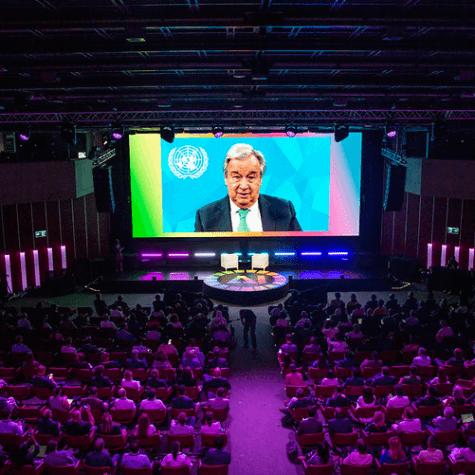
What I’ve really seen is the fact that we can really effect amazing change, but we have to do this together […] and that’s what makes me so excited about what AI for Good is all about.
United Kingdom
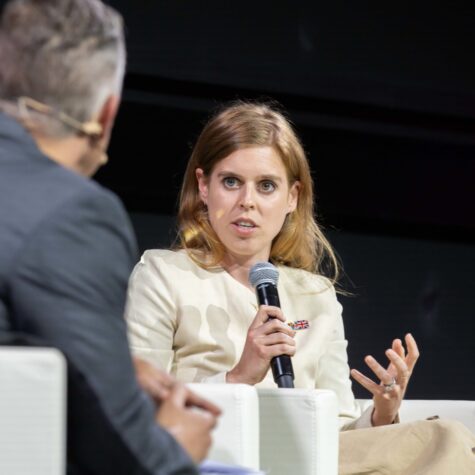
When AI for Good began as a vision, it transformed into a mission. We need to empower AI for Good to harness the full potential of AI for the betterment of our world.
Chair AI for Good Impact Initiative, Founder and CEO at AIE3
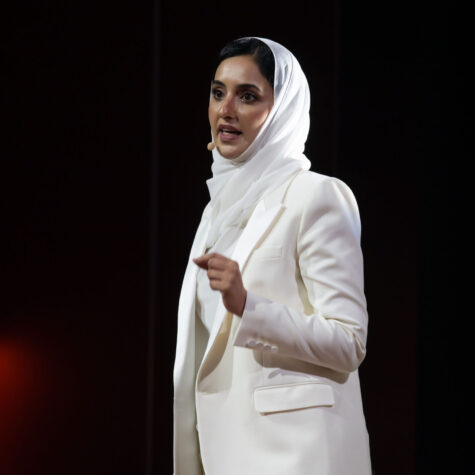
We are all in this room because we care about the direction the future goes.
Co-Founder & Executive Director at Center for Humane Technology (CHT)
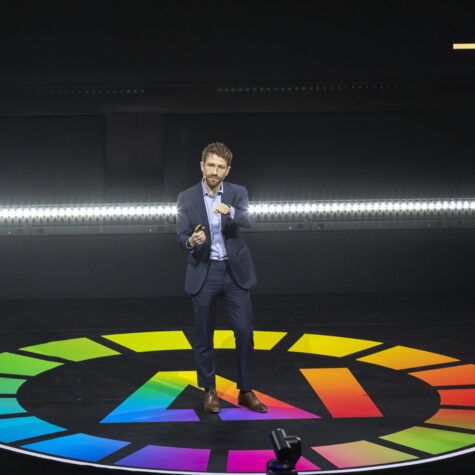
We are more than the AI generation. We are the generation that is determined, ladies and gentlemen, determined to shape AI for Good. So no matter how fast technology moves, let us never stop putting AI at the service of all people and our planet.
Secretary-General, International Telecommunication Union (ITU)
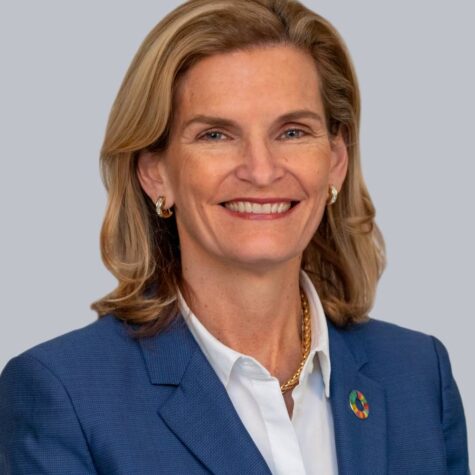
If we want an AI literate society, meaning resilient and ready for the future, we need to integrate these new tools into school curriculum.
President, Republic of Estonia
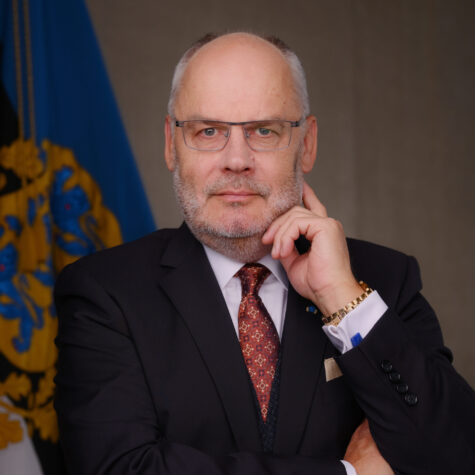
It is no coincidence that this era of profound innovation has prompted many to reflect on what it means to be human and on humanity’s role in the world.
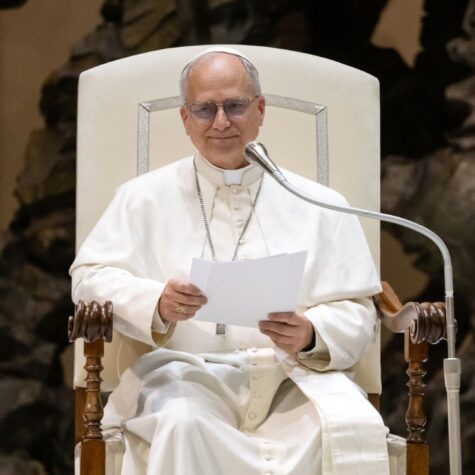
We all now have I think a much greater level of awareness around AI and we all need to shift into that as fast as possible because this technology is moving so fast.
Chair and CEO, Salesforce
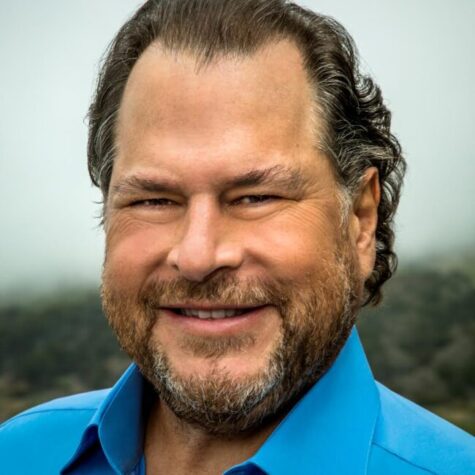


 Buy your pass
Buy your pass